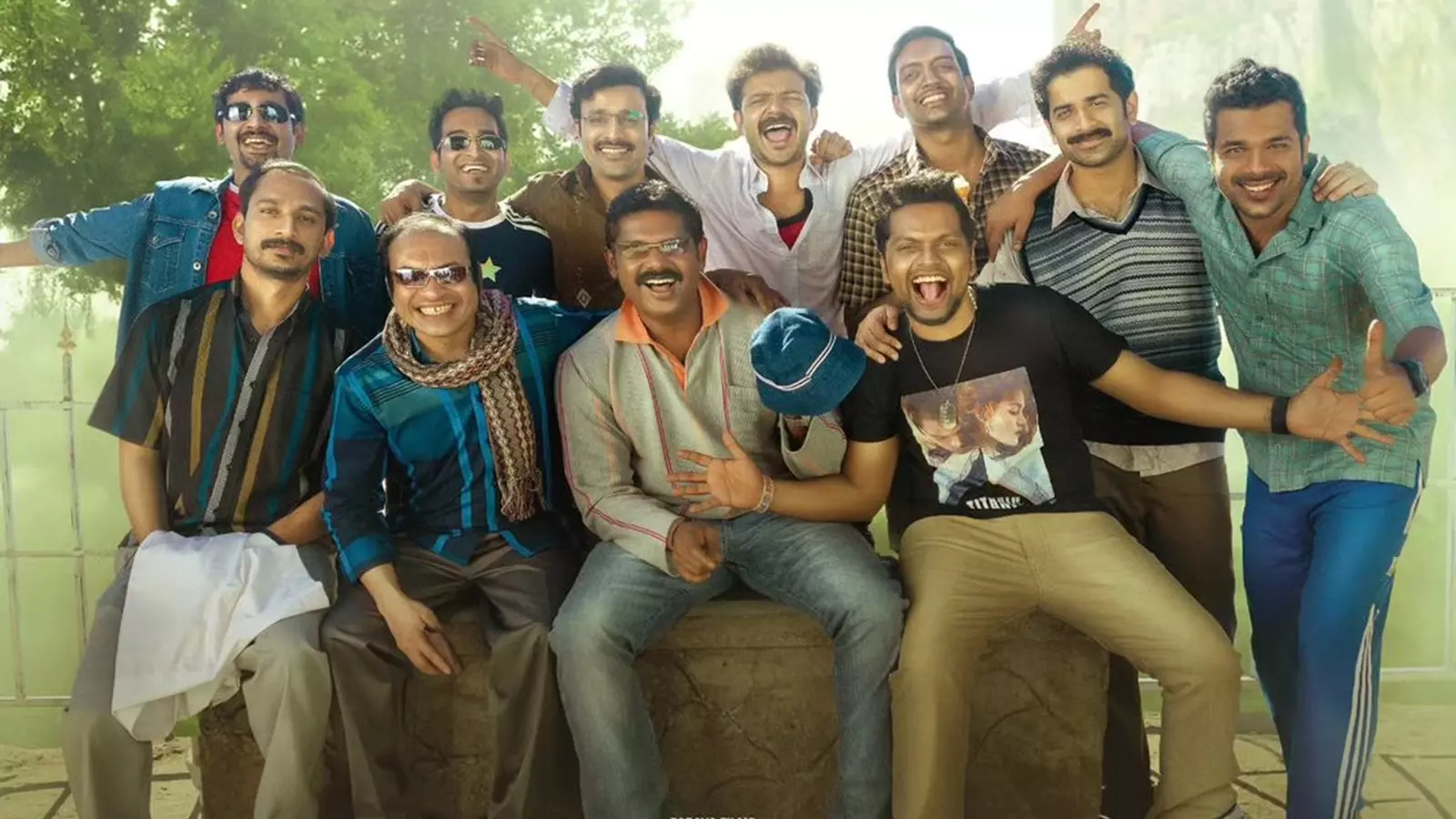
- Home
- India
- World
- Premium
- THE FEDERAL SPECIAL
- Analysis
- States
- Perspective
- Videos
- Sports
- Education
- Entertainment
- Elections
- Features
- Health
- Business
- Series
- In memoriam: Sheikh Mujibur Rahman
- Bishnoi's Men
- NEET TANGLE
- Economy Series
- Earth Day
- Kashmir’s Frozen Turbulence
- India@75
- The legend of Ramjanmabhoomi
- Liberalisation@30
- How to tame a dragon
- Celebrating biodiversity
- Farm Matters
- 50 days of solitude
- Bringing Migrants Home
- Budget 2020
- Jharkhand Votes
- The Federal Investigates
- The Federal Impact
- Vanishing Sand
- Gandhi @ 150
- Andhra Today
- Field report
- Operation Gulmarg
- Pandemic @1 Mn in India
- The Federal Year-End
- The Zero Year
- Science
- Brand studio
- Newsletter
- Elections 2024
- Events
- Home
- IndiaIndia
- World
- Analysis
- StatesStates
- PerspectivePerspective
- VideosVideos
- Sports
- Education
- Entertainment
- ElectionsElections
- Features
- Health
- BusinessBusiness
- Premium
- Loading...
Premium - Events

Manjummel Boys is not an extraordinary cinematic work, but it is a lofty exploration of filmmaking. And its portrayal of any reckless behaviour is not immune from criticism
Manjummel Boys are a boisterous lot. They are a reckless bunch who set out to the verdant hilly terrain of Guna caves not as nature enthusiasts but out of sheer joie de vivre. They do not have any social commitment, a charge that is doing the rounds now. That has stirred controversy as Manjummel Boys capture the imagination of film buffs, smashing box-office records.
It has grossed Rs 178 crore worldwide, the highest by a Malayalam movie after the Rs 175 crore raked in by 2018, which incidentally flaunts the social commitment of Keralites in their hour of crisis: the worst floods in a century that wreaked havoc in Kerala in 2018. That was another real-life story like Manjummel Boys — in which the Kerala lads set out to explore the Guna Caves — where none other than the reel incarnation of Kamal Hassan held his object of desire captive in the Tamil film Gunaa (1991).
The boys go on the tour, not out of any social trigger, but just as a catch-up game with their arch rivals — another local club that is also fiercely competitive in the tug-of-war competition like Manjummel’s lovable rascals. Now, when you go to the forest, you should follow some etiquette. You are expected to avoid littering, smoking, drinking, and all those vices that are only Kerala-centric, we are made to believe.
Personal vs the professional
Manjummel Boys do not subscribe to these notions of public tranquillity in their reel-life avatars. We really do not know what their real-life incarnations were. So, these are natural triggers for a socially committed intellectual, who is also a scriptwriter, to blast the pseudo-Malayali psyche “which hails alcoholism” and wanton behaviour. Fair enough.
The problem with this line of thinking is that it singles out a state, its people and its film industry for allegedly promoting a culture of gay abandon by its youth, “who do not apparently have any social commitment”. Have we not seen movies in other languages in which such a boisterous bunch displays utter disregard for public norms? We have.
Does that mean that it portrays a wrong image of the people of these states? Probably not. It is a matter of perception. Some noble minds may not have the intellectual capacity to delineate between real life and reel life and many others can. What is the number of cinema buffs of both these approaches, or line of thinking or vision, or lack of it? We really do not have the stats to take a sweeping call on it.
We are perhaps too fond of sweeping generalisations. That takes us to the dicey terrain of delineating the professional and personal life of an artist. So as one school of thought calls out Roman Polanski, the Oscar-winning director of The Pianist (2002), as a child molester, the opposing view is that he should be prosecuted, but that shouldn’t be the criterion to persecute his illuminating body of work. The fact is this dicey vagaries of perception should be best left to the terrain of individual choices, rather than rooting for blanket approaches.
Battle of extremes
The political critics of the literary figure, who called out such a reckless portrayal of youth, have vaulted to the other extreme. They have cast aspersions on the noted Malayali-origin Tamil novelist by confining him to the hinterland of a certain political ideology. Some “sharp generalisations,” as the literary figure in the eye of the storm himself has put out, are indeed deployed to “draw public attention to issues swept under the carpet".
Now, the political pundits who have slammed the broad social critique of the movie should also need some introspection. If drug and alcohol abuse and the cascading effect of its portrayal in films need to be called out, so be it. Aren’t we supposed to air differing points of view? Manjummel Boys is not an extraordinary cinematic work, but it is a lofty exploration of filmmaking. And its portrayal of any reckless behaviour is not immune from criticism. Period.
Infusing a ‘moral’ into this unsavory controversy may not be politically correct in this context, but then we are all prone to such whims. The moral of this row is that what suits a generation of intellectuals and thinkers may not be acceptable to influencers and ordinary youth of a different new era. And vice versa.
Manjummel Boys do not represent a particular sect that wears social commitment on their sleeves. And they could just chase fun and frolic, without bothering much about the broader picture espoused by illuminated minds. But they do flaunt the priceless tag of camaraderie, which may be conspicuous in the new Generation Z’s millennial trajectory of life.
Likewise, the social moorings of a lofty generation who swam against the relentless tides of adverse circumstances merit serious attention in the evolving new world order, where crass entertainment and parochial, asinine thinking dwarf lofty ideals. Such a clash of ideas between differing viewpoints and extreme schools of thought will simmer. Always.
(The Federal seeks to present views and opinions from all sides of the spectrum. The information, ideas or opinions in the articles are of the author and do not necessarily reflect the views of The Federal)


